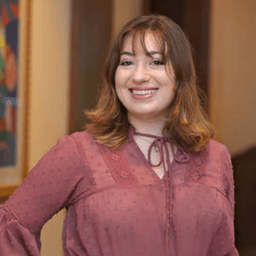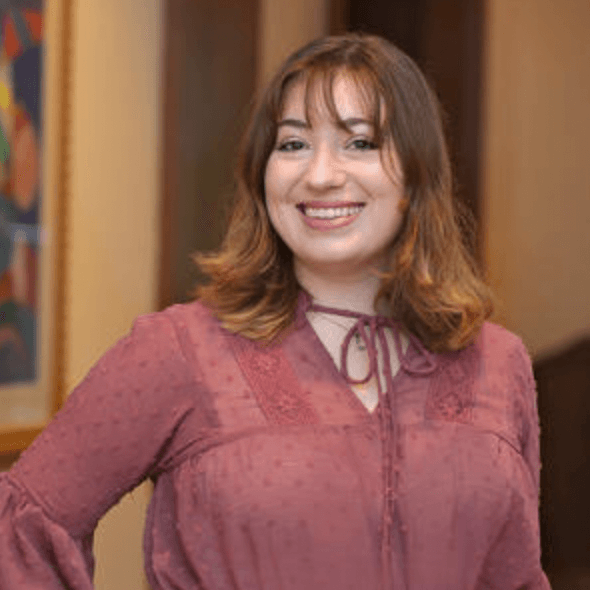Lucy Minicozzi-Wheeland: By invading, Putin has lost Ukraine forever

When Russian President Vladimir Putin announced his decision to invade Ukraine, his stated goal was to free Ukraine from the “neo-Nazis” that had supposedly taken the country hostage and prevented the Ukrainian people from choosing a common future with Russia. He expected Ukrainians to welcome Russian troops, grateful for their liberation. As we have seen, this was a fantasy.
Even before Putin began his full-scale invasion on Feb. 24, his eight-year war had already united the Ukrainian people like never before. Surveys and interviews with Ukrainians across the country from the Harvard Ukrainian Research Institute’s Voices from Ukraine project clearly show that this effect has only intensified.
Participants express being more proud of their country and military than ever before. Many of those interviewed are Russian-speakers, and they say that they have never experienced the oppression that Putin claims is happening. They despise Putin and call the Russians who have entered their country “invaders,” “monsters,” and “inhuman.”
Far from welcoming the Russian invaders, an anonymous university student from Odesa, a seaside city in southern Ukraine with a pre-war population of roughly one million, writes: “I hate Putin and all Russians responsible for this. On the other hand, I feel a surge of pride for my nation. Russian soldiers are not people, they are monsters.”
Putin claimed that the Ukrainian government was committing genocide against Russian-speakers in southern and eastern Ukraine and that they needed to be protected. However, this student from Odesa writes, “Ukrainians do not want to be saved by Russia. We were free, we are free, and we will be free. We were allowed to speak both the Ukrainian language and the Russian language.”
Putin has also said that Ukrainians were prevented from choosing to be with Russia. However, it is clear from these interviews that Ukrainians have chosen: they are fighting for their future as a European nation.
For example, Hanna from Mykolaiv, a city in southern Ukraine with a pre-war population of 486,000, writes, “We just want to be free, to be part of the European community - and they are bombing us for this! It’s nonsense that this is happening now, in the 21st century, in a European country.”
Dmytro from Luhansk, a Russian-occupied city in eastern Ukraine, writes: “I want the West to know we suffer for the aspiration to become a fully-democratic liberal country, to have the ability to develop, to have control over our politicians, so they will finally understand that they are not an aristocracy but managers. That we have the full right to have our language, our culture."
These interviews show that Putin’s actions have united the Ukrainian nation like never before. Dmytro from Luhansk writes: “Lastly, I, a half-Russian, Russian-speaker from Luhansk, Putin's perfect primary audience, could honestly say: Vladimir Vladimirovich, go f**k yourself. F**k you and thank you for your help to unite our nation, so it could wake up and find out that there is no Soviet Union anymore. From now on, we will live our own way.”
According to an anonymous student from Odesa: “I used to think that there was something wrong with Ukrainians as Western countries did not want us in the EU and NATO. I am proud to be a Ukrainian now. I am proud of the Ukrainian Armed Forces. I cannot imagine how brave and fearless a person must be to resist the Russian monsters. Glory to Ukraine!”
The results of these interviews are supported by data from the Rating Sociological group, a Ukrainian non-governmental polling organization. It surveyed Ukrainians after Feb. 24 and found that 86% of Ukrainians now support accession to the EU and 76% support joining NATO. This represents a 20% increase regarding EU accession and a 14% increase regarding NATO membership since just a few days before Russia began its full-scale invasion.
Also, President Volodymyr Zelensky's approval ratings have increased from about 50% to 93% since early February. Reportedly 98% of respondents now support the activities of Ukraine’s Armed Forces and 88% believe that Ukraine will be able to win against Russia.
Putin’s full-scale war in Ukraine has had the opposite effect that he intended. Ukrainians are more united and proud of their nation than ever before, and they despise the Russian troops that have invaded their country. They are certain about their European future and they are more determined than ever to fight for their freedom from Russia.










